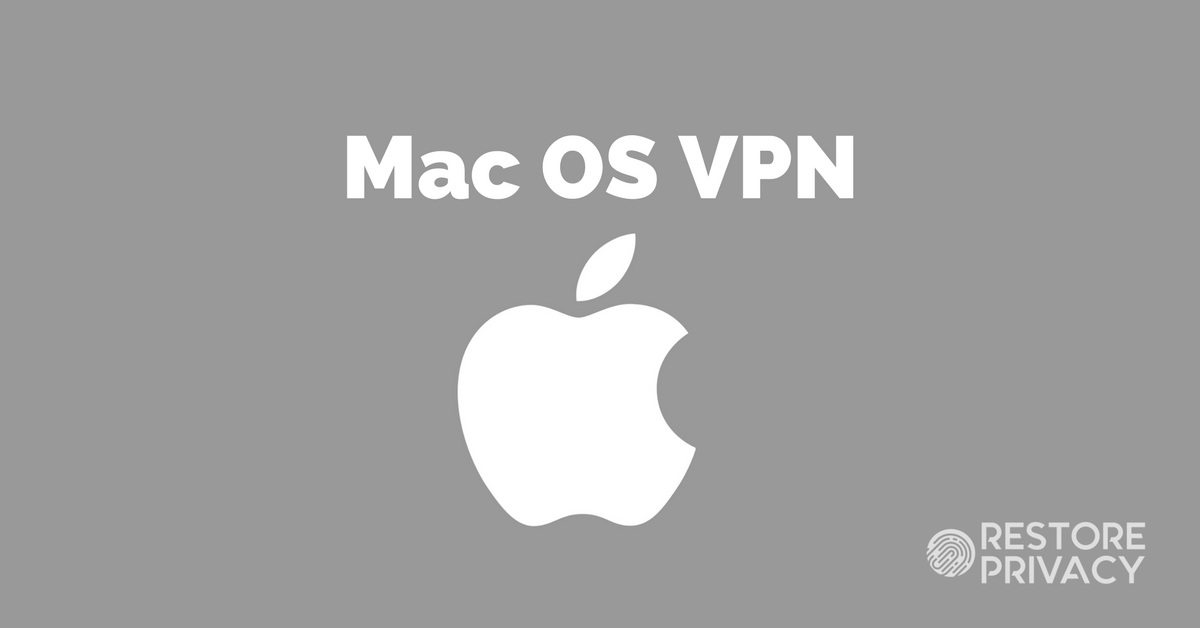

In the last year, Proton has also launched two major new products intended to compete with Big Tech: Proton Drive and Proton Calendar, two apps that are end-to-end encrypted, unlike the equivalent tools offered by Apple and Google. Yen gestures to a wall in Proton’s headquarters that he says will soon be knocked down to accommodate new employees in the neighboring space. Today it has more than 400, a number predicted to double in the next two years. At the onset of the COVID-19 pandemic, Proton counted around 100 staff around the world. “We’re serving users and not advertisers.” The model appears to be working. As a result, the company has found a path to profitability that doesn’t require surveilling users for ad dollars. Proton offers versions of all of its apps for free, but provides extra features to users who pay a fee equivalent to several dollars per month. “It’s also among the most popular globally over the same period.” Pushing for privacy “It has been one of the most popular VPN services with our Russian users since the invasion,” says Simon Migliano, the head of research at the VPN comparison site Top10VPN. The app is currently the third-most popular iOS VPN in Russia, according to data shared with TIME by the analysis firm data.ai, which also shows that the app was downloaded 1.1 million times during March 2022. Since Russia’s invasion of Ukraine in late February, ProtonVPN has become one of the most popular tools for internet users to access blocked independent news sites and social media platforms including Twitter, Facebook and Instagram.

Proton’s offering is also proving important for Russians seeking to evade the Kremlin’s web censorship.


 0 kommentar(er)
0 kommentar(er)
